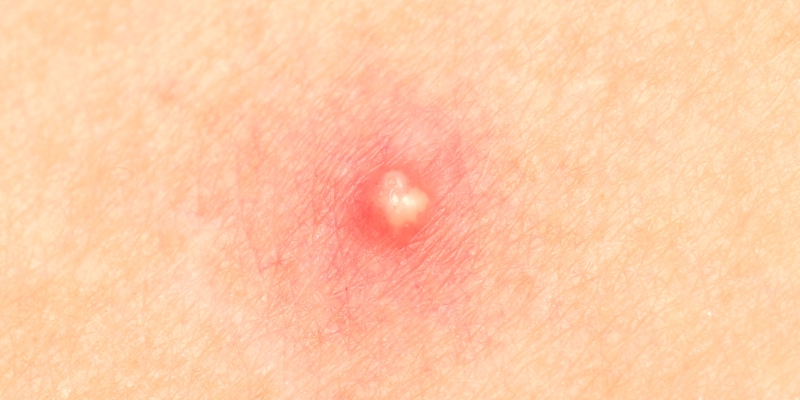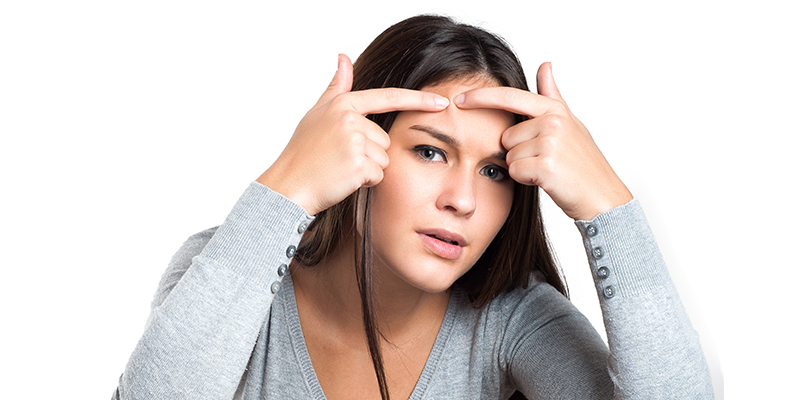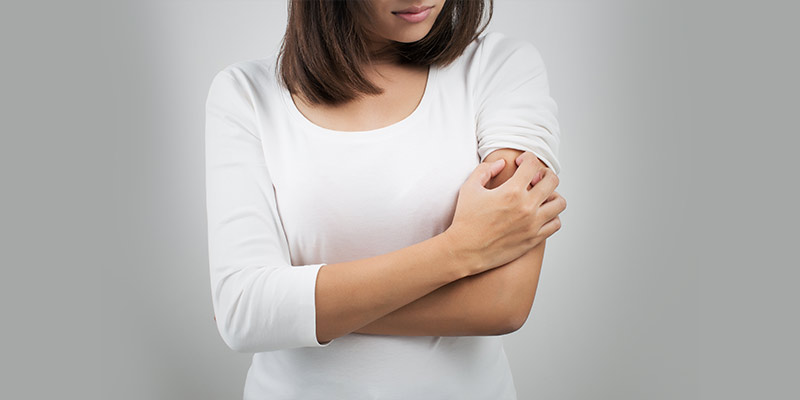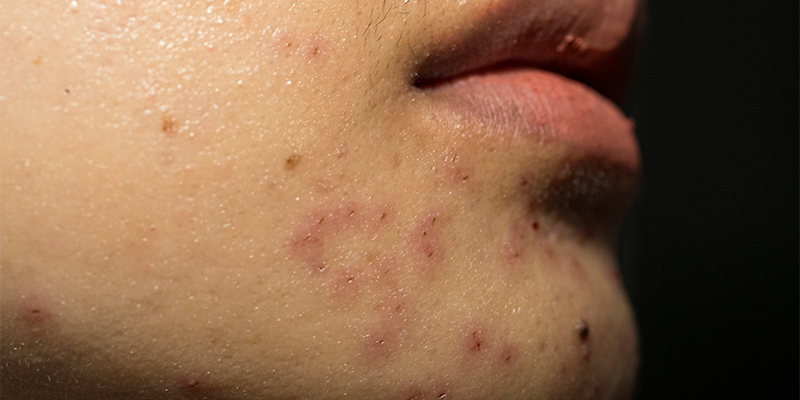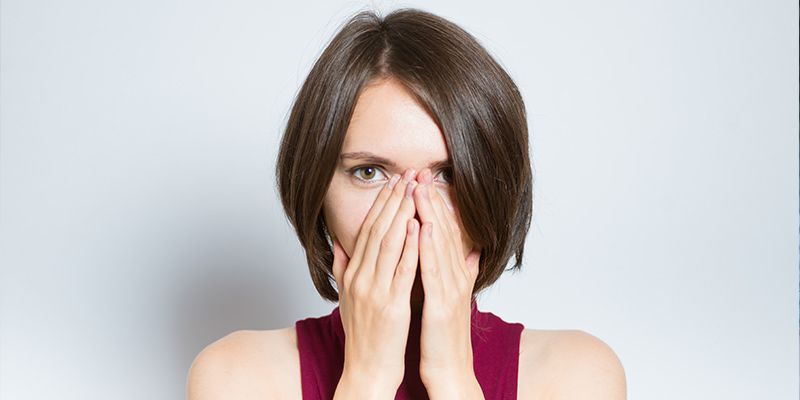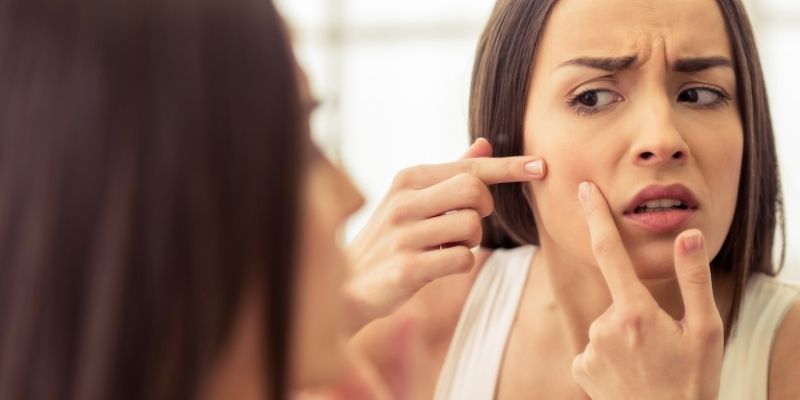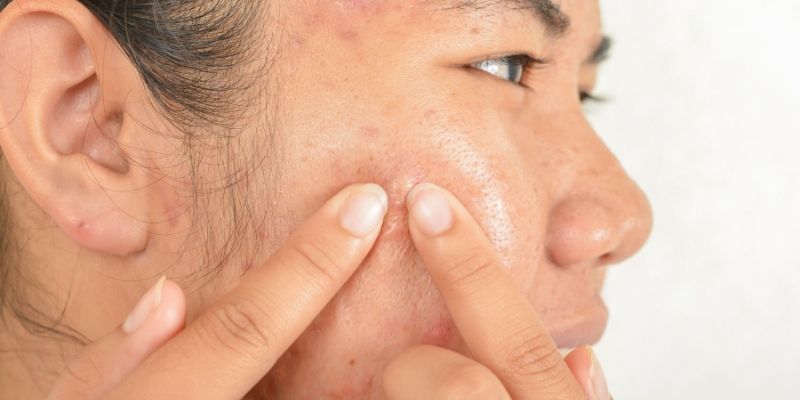How to Treat an Infected Pimple
Infected pimples can be stubborn and often more prominent than regular ones. They get swollen and inflamed and require dedicated treatment. Infected pimples are more common among young adults during puberty. The best thing to do when you experience them is to consult a dermatologist as soon as you can. In this article, you can learn all about infected pimples.
What Is An Infected Pimple?
They are painful with pus and severe redness. They are usually categorised as pustules, nodules and cystic acne. Pimple infection worsens when you squeeze it, resulting in an open wound and vulnerability to infection from skin-inhabitant bacteria like Staphylococcus aureus. This can cause acne infection and soreness, often accompanied by fever. A staph-infected pimple is hard to miss on the face as it looks hard and pronounced.
What Causes Pimples To Get Infected?
Pimples can get infected and turn into pus-filled bumps for multiple reasons, including:
- Popping Or Squeezing: One of the most common reasons for acne infection on the face is popping or squeezing the zits. This exposes them and makes them more prone to infection. Touching the pimples with unclean hands can transfer bacteria and cause infected acne.
- Bacterial Infection: Another major reason for infected acne is a bacterial invasion. Staphylococcus aureus is a bacteria that lives on our skin and is commonly referred to as staph. Another bacteria known as Propionibacterium is also found naturally on the skin. When the pore gets clogged, these bacteria multiply and cause an infected pimple.
- Hereditary Reasons: You are more prone to getting infected and hard pimples if you have a positive family history of acne.
- Over-production Of Sebum: People with oily skin produce more sebum or oil. The facial oil causes dead skin cells and bacteria to stick together and clog the pores. This results in infected pimples.
What Are The Signs And Symptoms Of Infected Pimples?
Here are the common signs and symptoms of infected pimples:
- Larger and more pronounced than regular pimples
- Inflammation and redness
- Presence of pus sometimes oozing from the zit
- Pain and discomfort
- Swelling in and around the pimple that may feel warm to the touch
- Mild fever and fatigue
- Take longer to heal
- General feeling of discomfort
- Staph infection that may further cause skin infection with itchy blisters or painful sores
What Are The Complications Of An Infected Pimple?
Formation of scars, dark spots and worsening of the pimples are the common complications you can expect from infected pimples. When you pop them, there is a high possibility that they will spread to other areas and later lead to pigmentation. Scars that result from pimples are challenging to treat.
Treatment Options Available For Infected Pimples:
The treatment for infected pimples should begin with a comprehensive consultation with a reputed dermatologist who can identify the underlying cause and recommend suitable treatments:
- Oral Medications: These include antibiotics, birth control pills and isotretinoin and the dermatologist may prescribe these as a combination with other treatments. The doctor may also recommend hormonal therapy in case of the underlying cause is hormonal.
- Topical Medications: Doctors also combine topical retinoids with other treatments to effectively treat infected pimples, reduce swelling and unclog the pores.
- Chemical Peels: Chemical peels are a USFDA-approved treatment, safe and effective in treating infected pimples. Dermatologists will customise the peels based on the severity of the pimples and your skin type and health. The procedure involves using plant extracts in different concentrations to exfoliate the skin in a controlled manner. It removes the upper layer of the skin, unclogs the pores and visibly improves your skin.
Take a look at this video of our expert dermatologist explaining the process of chemical peel before you opt for it:
- Intralesional Injections: These injections use corticosteroids to reduce the swelling and redness in infected pimples quickly. This treatment also minimises the risk of scarring.
Must Read: Acne Treatment
When To Visit A Dermatologist For Infected Pimples?
If your infected pimples remain unresponsive to regular OTC treatments, remain persistent or worsen, it is time to seek medical help. Further, visit a doctor if:
- The infected pimple is large
- The popped pimple is oozing pus
- Does not go away even after 2 weeks
- Accompanied by other symptoms like fever, fatigue, etc
- Feel a deep throbbing under the skin
- Inflammation and redness are persistent
You can also seek the help of a dermatologist if you wish to learn about your skin type, health, the products that work best and get a suitable skincare routine.
How To Prevent Infected Pimples?
The following tips can help prevent the occurrence of infected pimples:
- Practice Proper Hygiene: Wash your face with a cleanser that suits your skin. Change your pillowcases and bedsheets at least once a week, and avoid sharing hand or face towels. Store your skincare and makeup products in a hygienic place and clean your makeup brushes regularly. If you work out, clean your face right after.
- Avoid Popping Pimples: Resist the urge to pick or pop your pimples as it results in an open wound, making it more prone to bacterial infection. You will also be risking scarring when you pop pimples.
- Have An Appropriate, Consistent Skincare Routine: Use a gentle cleanser to clean your skin twice a day. If you have sensitive or acne-prone skin, avoid harsh scrubs. It is best to consult a dermatologist who can study your skin and give you a suitable skincare routine.
- Use Non-comedogenic Products: Carefully read the labels before buying skincare and makeup products. Invest in non-comedogenic products that won’t clog the pores.
- Avoid Touching Your Face: Avoid touching your face, especially when you have breakouts. Bacteria can get easily transferred to your skin with unclean hands. Be mindful about your mobile phone touching your face as there is a high chance of the bacteria spreading.
- Be Mindful Of The Products: Your infected pimples can worsen if they come in contact with products that don’t suit your skin. Thus, it is best to check with your dermatologist.
As infected pimples may be a common occurrence, it is essential to be mindful and follow required precautions so they don’t worsen. Maintaining basic hygiene, being gentle with your skin and consulting a dermatologist at the right time are all important to prevent their recurrence.
If you are suffering from infected pimples, book appointment with the best dermatologists and get the care your skin needs.
Frequently Asked Questions
Our certified subject matter experts do extensive research and collate facts from reputed scientific journals and international studies to create informative and engaging articles related to all your dermatology concerns. They strive to help you decipher medical jargon, distinguish fact from fiction and overcome paranoia. Our qualified medical board or expert panel goes a step further to verify these facts based on their rich academic knowledge, vast clinical experience and critical industry insights to ensure you consume only medically accurate content that empowers you to make informed decisions about your hair and skin-care treatments and weight management. Check out our Editorial policy for further details
https://www.ncbi.nlm.nih.gov/pmc/articles/PMC3503376/https://www.ncbi.nlm.nih.gov/pmc/articles/PMC5574737/
https://www.ncbi.nlm.nih.gov/pmc/articles/PMC6053170/
https://www.ncbi.nlm.nih.gov/pmc/articles/PMC7819588/




